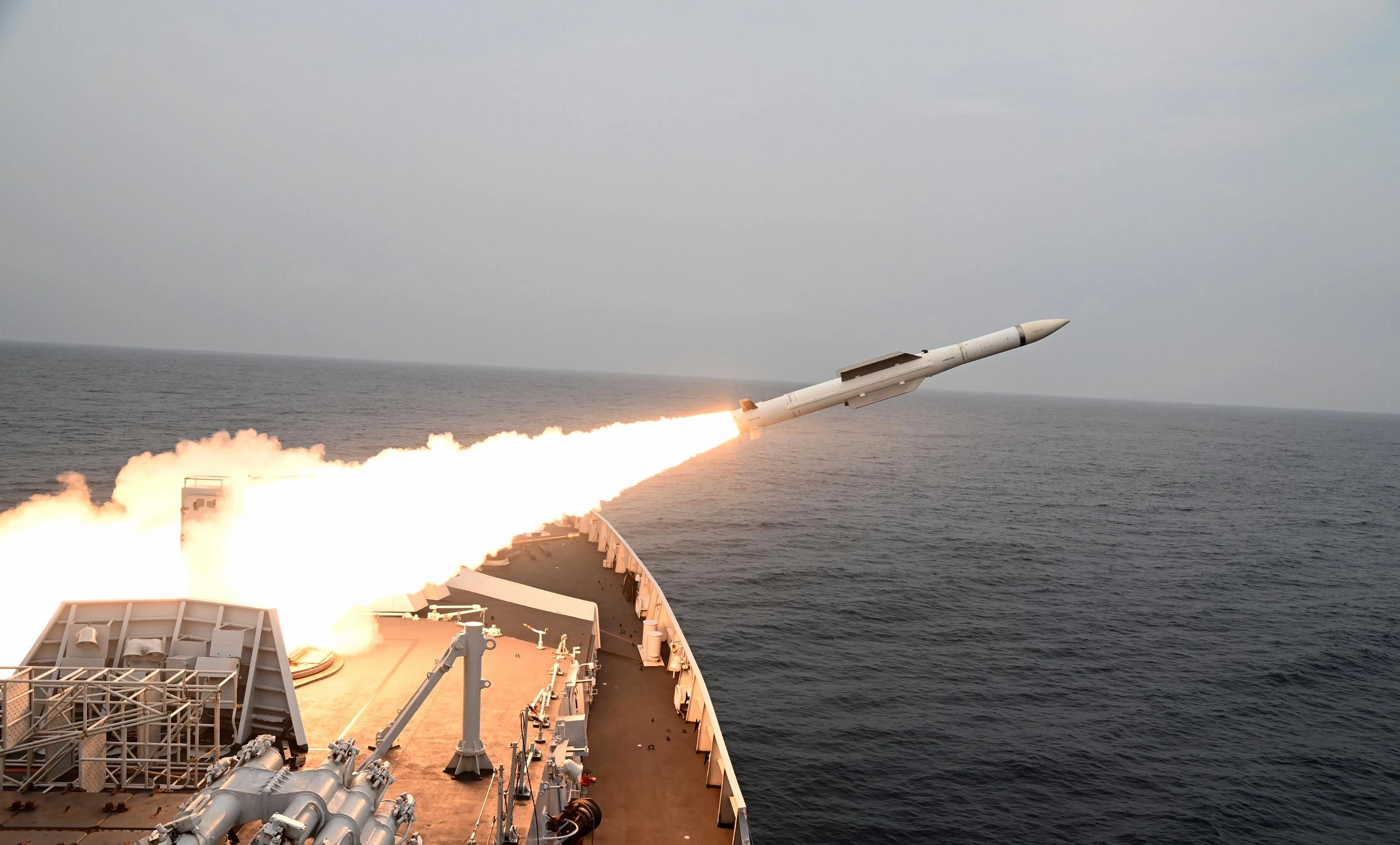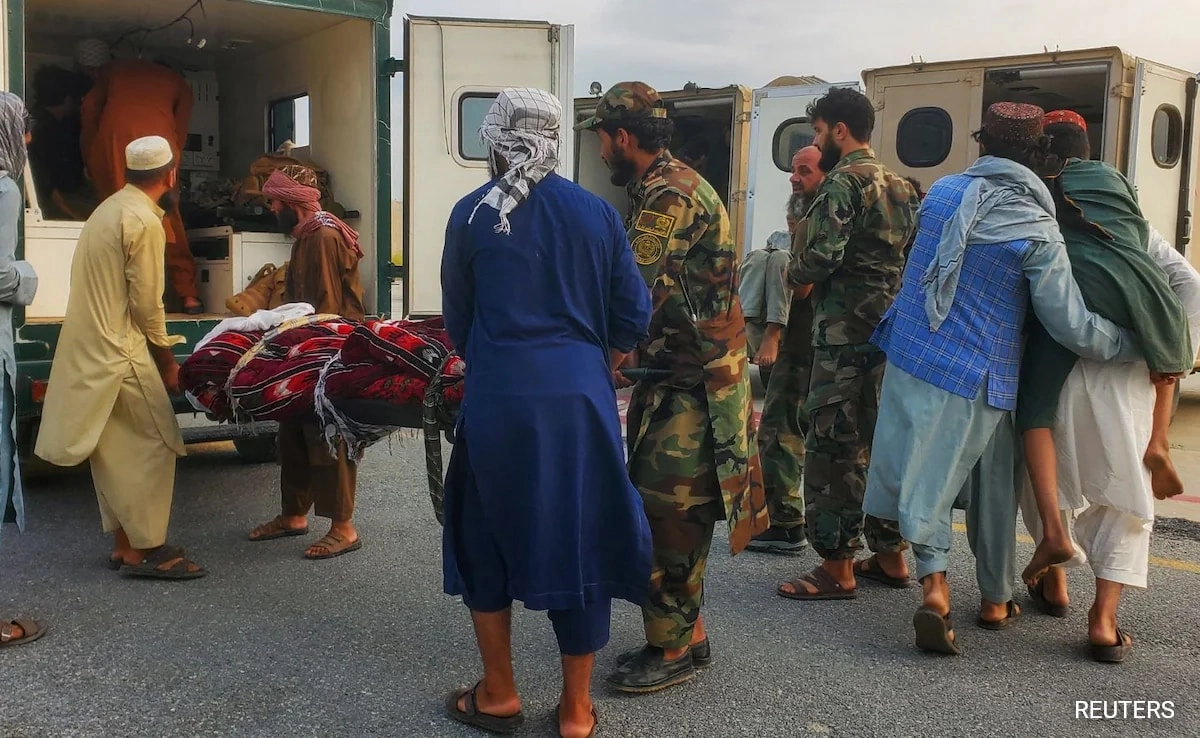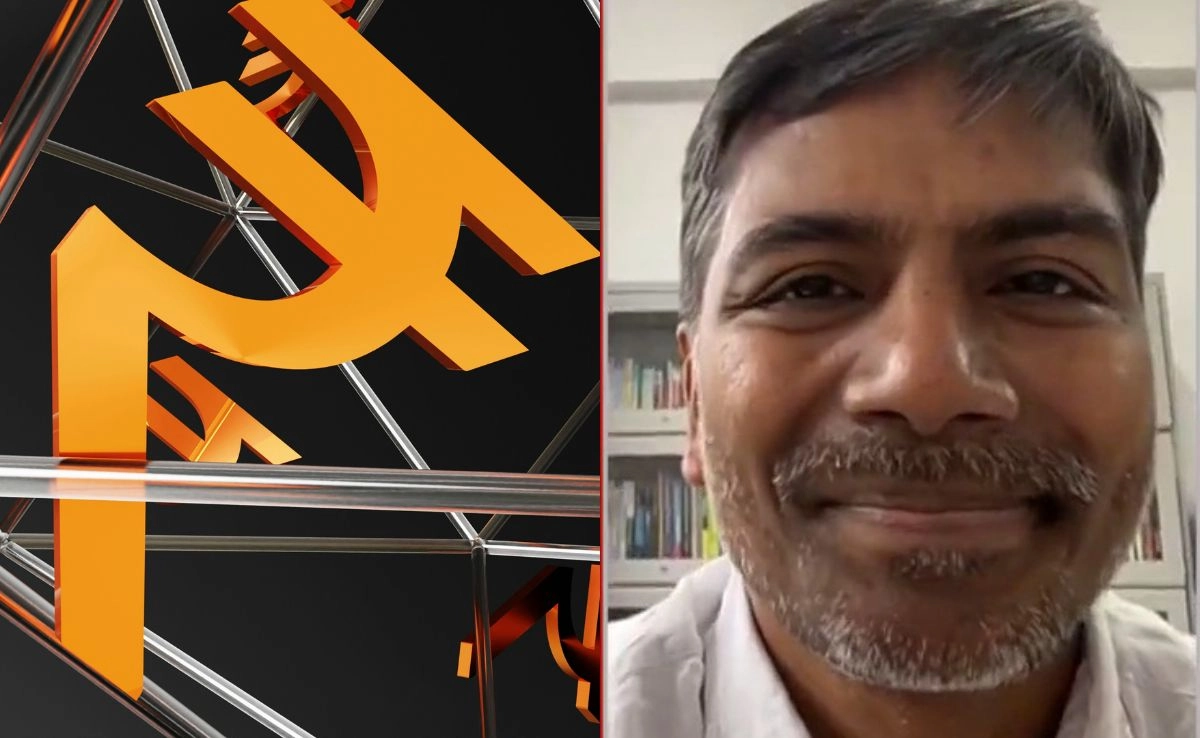Prime Minister Narendra Modi has made a definitive statement regarding the ongoing dialogue with Pakistan, particularly concerning the contentious issue of Kashmir. He emphasized that discussions will only take place if they center around Pakistan-occupied Kashmir (PoK). This stance is significant as it reflects India’s long-standing position on the territorial dispute, asserting that PoK is an integral part of India that remains under illegal occupation by Pakistan. By framing the dialogue in this manner, Modi is not only reinforcing India’s claim over the region but also signaling to Pakistan that any conversation must acknowledge this key aspect.
Modi’s remarks come in the context of heightened tensions between India and Pakistan, which have historically been rooted in the Kashmir conflict. The Prime Minister’s assertion indicates a shift in the narrative, where India is no longer willing to engage in discussions that do not address the core issue of PoK. This position aligns with the broader Indian government strategy of emphasizing sovereignty and territorial integrity, particularly in light of Pakistan’s perceived attempts to internationalize the Kashmir issue. By insisting that PoK must be on the table, Modi is also rallying domestic support by appealing to national sentiments regarding the Kashmir dispute.
Furthermore, this statement serves to clarify India’s diplomatic stance amidst various geopolitical dynamics in the region. It signals to both domestic and international audiences that India remains firm in its claims over Kashmir and is not inclined to entertain discussions that could be seen as compromising its territorial integrity. The Prime Minister’s comments also represent a call for Pakistan to acknowledge its role in the conflict and to engage in a more constructive dialogue that recognizes the complexities of the situation, especially concerning PoK. Ultimately, Modi’s declaration marks a significant moment in Indo-Pak relations, highlighting the challenges that lie ahead in resolving one of South Asia’s most enduring disputes.




